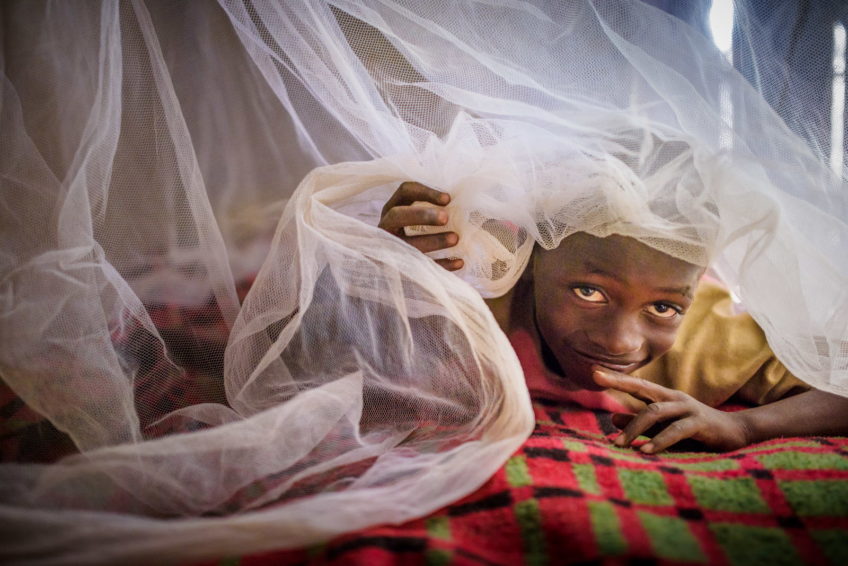Fight against malaria needs concerted effort

A section of teachers in Uganda have asked government to focus on fighting malaria in children, saying high levels of infections are affecting learning
What you need to know:
- Malaria has for long been a problematic disease in Uganda. The common symptoms include high fever, headache, diarrhoea, vomiting and flu-like illness. The disease, transmitted through the bites of some mosquitoes, is one of the biggest killers of children.
In the eastern district of Kibuku, four in every 10 patients visiting health facilities tests positive for malaria. The Kibuku District Health Officer says the trend is worrying as they have registered about 23,000 cases since the year started.
But Kibuku’s plight is not isolated. This newspaper reported this week that there is a sharp rise in malaria cases in Bukedi sub-region, especially among children and pregnant women.
The districts with higher malaria cases, according to health officials, include Kibuku, Pallisa, Butebo, Budaka, Butaleja, Tororo and Busia.
Malaria has for long been a problematic disease in Uganda. The common symptoms include high fever, headache, diarrhoea, vomiting and flu-like illness. The disease, transmitted through the bites of some mosquitoes, is one of the biggest killers of children.
Pregnant women are also likely to contract the disease due to body changes that reduce their resistance to malaria. Even worse, malaria affects unborn children in that they could be underweight at birth and could have little resistance to malaria before their first birthday.
ALSO READ: Malaria cases increase by 42 percent
Uganda registers about 16 malaria deaths every day. In 2020, there were an estimated 241 million cases of malaria and 627,000 deaths worldwide, according to the World Health Organisation.
Given the seriousness of malaria, government has tried many interventions in the past, including the countrywide distribution of free insecticide treated nets. Ministry of Health has also in the past undertaken indoor residual spraying in some populations said to be at risk of malaria.
This is besides the media campaigns that educate people on measure to prevent malaria, but also what to do when one falls sick.
Despite these interventions, malaria waves have continued to sweep through Uganda – as is usually the case in the region. To protect ourselves and our vulnerable ones, especially the children and pregnant women, we need to practise what the experts are telling us.
First, sleep under insecticide treated nets. Although government and development partners have made them available, some people misuse these live-saving nets. It is common to find the nets being used for fishing, building houses and protecting chicken.
Second, keep your doors and windows closed in the evening. Better still, put screens on windows and doors to keep mosquitos out. Occasionally spray your house with insecticide. For those who can afford, apply mosquito repellents on exposed skin, especially when outdoors.
Finally, early diagnosis and treatment of malaria reduces disease, prevents deaths and contributes to reduced transmission. WHO recommends that all suspected cases of malaria be confirmed using parasite-based diagnostic testing.




